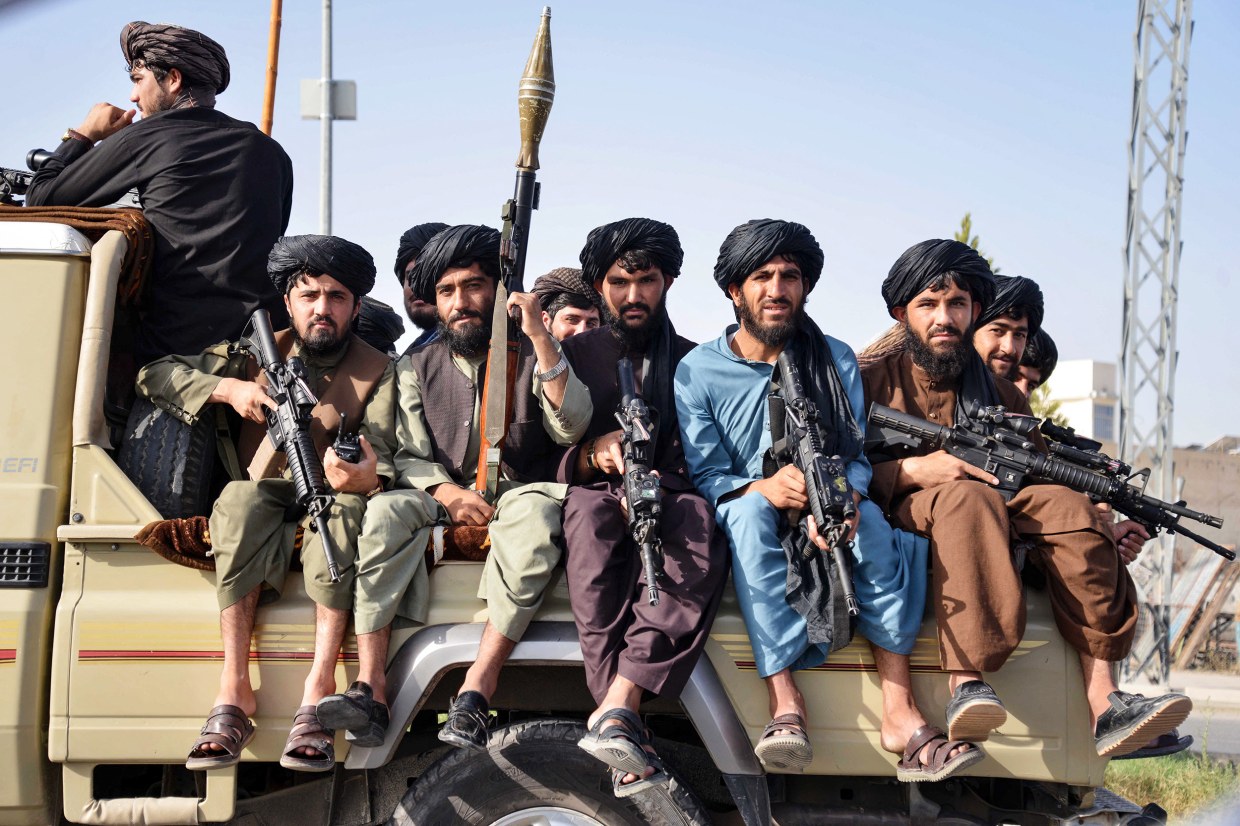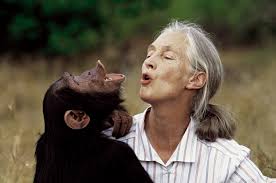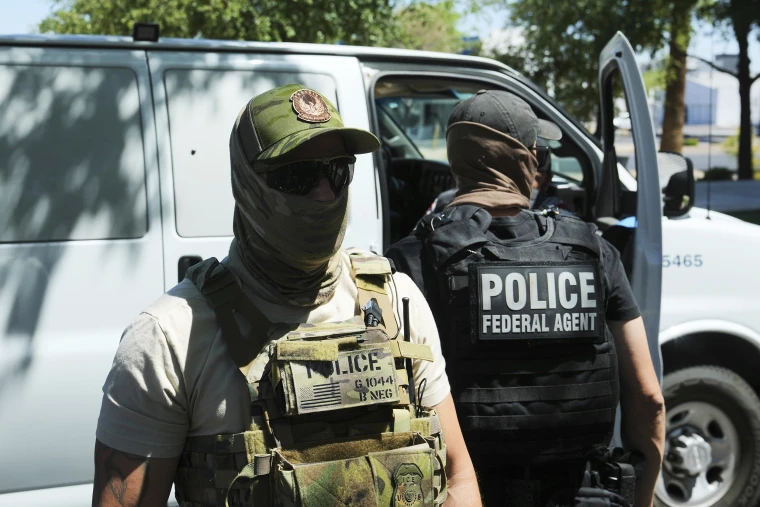In Western media, Afghanistan is viewed as a terrorist-occupied country that oppresses women and enforces harsh Sharia Law on the citizens who live there. Other people will claim that Afghanistan is not as harsh as it seems and that women do have rights and can go outside. This clash has been more prevalent since the Taliban took outright control over Afghanistan in August 2021 after the United States withdrew troops from there. The drastic differences in information on both sides of the spectrum have led to confusion about what’s happening in Afghanistan. This article will go over the different claims made by Western Media, Afghan people, Taliban, and Middle Eastern news sources to provide an unbiased understanding of the atmosphere of Taliban-occupied Afghanistan.
Taliban holding their flag that reads the Shahada (There is no god but Allah, and Muhammad is the messenger of God) in Arabic
Western Media:
In August 2024, Alison Davidian, the UN Women’s Country Representative in Afghanistan said “To give some context, three years ago an Afghan woman could technically decide to run for president. Now, she may not even be able to decide when to go and buy groceries,” when describing the current situation in Afghanistan. She is correct in saying that women could have run for president three years ago, which was before the Taliban took rule, but back then, Afghanistan was still under Sharia Law and in an active war. Sharia Law is the body of law that requires people to follow the rules of Islam, and Afghanistan has had a form of Sharia Law in place since the early 20th century. A woman running for president would not have been likely to happen, but the right to run for president being taken away signified a new era of women’s oppression in Afghanistan.
Women in Afghanistan with head coverings known as burqas
BBC spoke further on women’s oppression in Afghanistan by talking to multiple Afghan women who revealed that they are confined and unable to work towards an education. A 19-year-old girl, Moska, told her story: “I had many aspirations for the future and always sought to improve my living conditions. However, with the rise of the Taliban and their takeover of the country, my educational journey was severely affected”. Moska was one of many girls who spoke to the BBC about their struggles and what the Taliban did to their lives and future.
Women aren’t the only ones said to be affected by the Taliban rule; the UN claims that 256 arrests, 130 cases of torture, and 75 cases of intimidation have involved journalists. This poses a concern for many people, as journalists are protected under international laws that prohibit treating them in these ways. The strict restriction of journalists’ work has caused a limitation of the press, and over 8,000 journalists left the profession, along with 43% of Afghan media outlets disappearing.
Non-Western Media:
Recently, I watched a 4 part series from a YouTuber named “Arab” who traveled to Afghanistan and spent a week with the Taliban. In the video, he had a tour guide named Yosaf, who lives between Afghanistan and California. He stayed with the Arab throughout the trip and took him to dinners with the Taliban and even a children’s Taliban camp. I chose to reach out to Yosaf to better understand what’s going on in Afghanistan, and he responded. My first question to him was “Does the Taliban oppress the people of Afghanistan as much as the media says they do?” to which he responded by saying “No, they are not oppressing people, you could ask anyone about it. Of course, you have the refugees who have left the country who will say so just cause they have to seek refuge, so that’s part of their story, and life is not easy in Afghanistan. The economy is at a standstill, and America still withholds billions of dollars.” He went on to say the money is being held from the Afghan government. Still, he corrected himself by saying, “It’s the people’s money, not even the government’s money”. He ended his answer to this question by showing gratitude, “Thankfully, it’s building brick by brick, day by day”.
My next question he answered was “Are the rights of women limited?” he responded by saying, “The rights of women in a sense are limited, especially if you look at the West, right? But I mean in the country, some women are working, women who own businesses, female tour guides, there are all-women’s schools, it’s just they are private, right? When they’re above secondary, it is private; they’re learning trades, doing a whole lot, and are in the hospitals, but it is limited. So yeah, in the sense of the West. It’s not oppression, persay but it is a little bit of rights for the time being. We have been told they are working on the solution for secondary schooling for everybody so it’s just a matter of time, hopefully, God willing.” His answers to this question seemed to contradict the information stated in the Western media. He even has videos on his Instagram (@iampocoloco) with women walking around the streets, making that a precise point in multiple videos.
Yosaf on the left and YouTuber Arab on the right (via @iampocoloco on X)
Immediately after his answer on women’s rights, he dove right into my next question “If a journalist like myself visited Afghanistan and documented things, would I be at risk of capture or execution?”. He denied it and assured me that it wouldn’t happen by saying, “If you visited as a journalist? No, my friend, it would not be an issue at all. You would have to go through a vetting process, of course, because certain news outlets like International Afghanistan or Amu TV tend to be very, I don’t know the word for it- but very- they look down on the Taliban and the government. They do their best to highlight any negatives and exaggerate them to make them much more dramatic than they may be. So you need to get your permit visa and be an accredited journalist to do journalism”.
The drastic differences between Western media and Yosaf’s perspective are apparent. Still, I made sure to ask him if he had any affiliation with the Taliban, which he explicitly denied and claimed just to be a tour guide. In the hope of finding a more centrist view on Afghanistan, I found an article on Al-Jazeera’s website, one of the most significant news sources in the Muslim, Arab, and Middle Eastern world, and is based in Qatar. In late December 2024, Al Jazeera wrote about the limitation of women’s right to employment from NGOs when they refused to comply with the Islamic dress code. Women were prevented from working in any institutions that were not Taliban controlled. Al Jazeera claimed post-primary education for women is non-existent, but the Taliban had previously stated it was a temporary solution as they established a safe environment for girls.
The chief spokesman for the Taliban, Zabihullah Mujahid posted on X during International Women’s Day, “In accordance with Islamic law and the culture and traditions of Afghan society, the fundamental rights of Afghan women have been secured.” and went on to say how it should be remembered that their idea of rights is different from the West’s women’s rights. He did not speak further on what rights are ensured and whether or not they are denying women the rights that Western media claims they are.
Zabullah Mujahid
Conclusion:
It’s unclear who is being the most truthful about Afghanistan, but one thing is common from all sides. The Taliban limit women’s rights in comparison to the rights of women in Europe and the United States of America. Sharia Law follows the laws of Islam, and Taliban members follow a form of extreme Islam. The Taliban refers to themselves as Jihad, which in Islam means “Holy war.” However, they don’t follow the rules of jihad stated in the Quran, the Holy scripture of Islam. The Quran says that in a war, children, women, and the elderly must not be killed, trees shall not be cut down, and livestock will not be slaughtered unless for food. The Taliban violates these rules and has committed plenty of attacks that have resulted in the loss of innocent lives. They are a terrorist organization as recognized by the U.S. government, and it is unknown what the future holds for Afghanistan as it works to be a more developed country.












